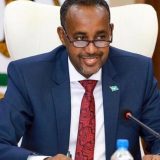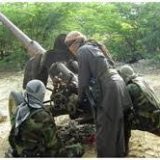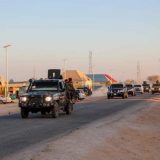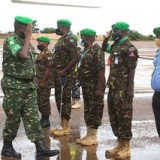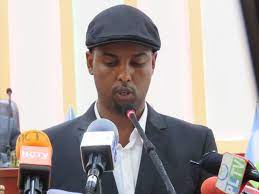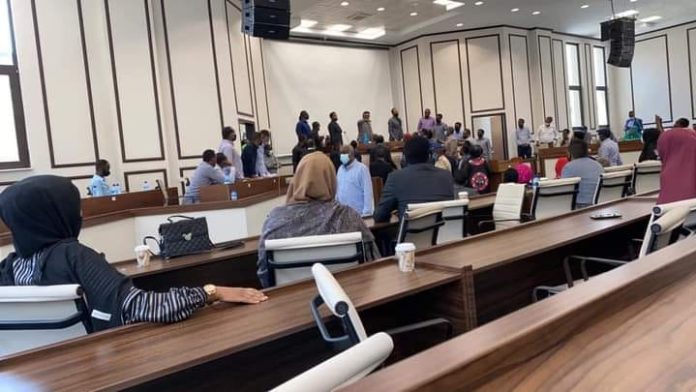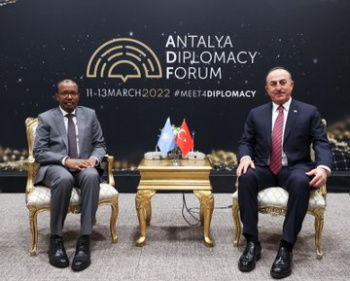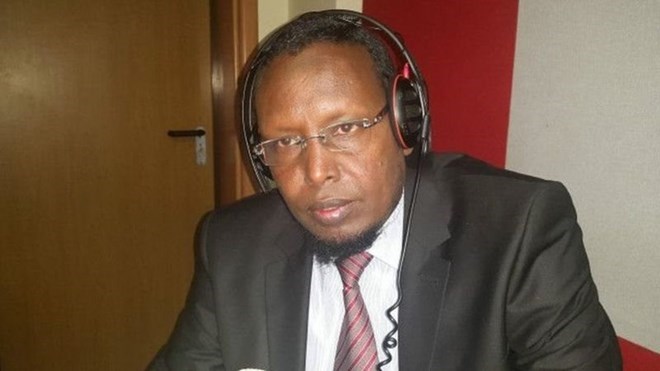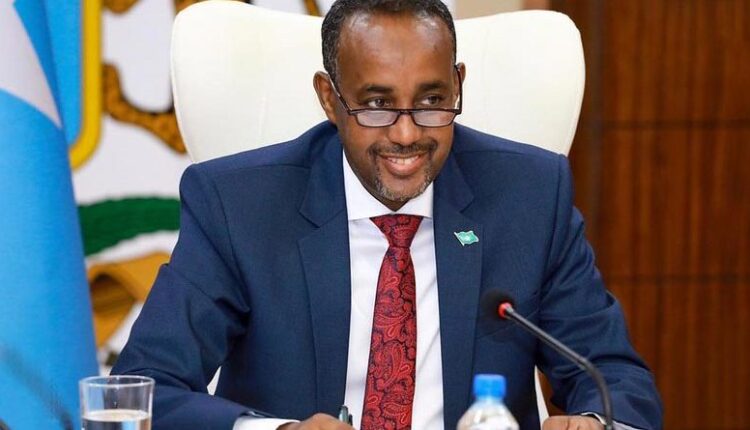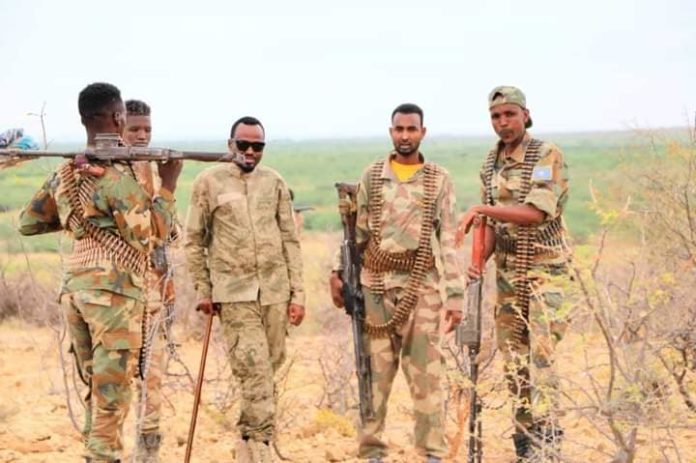US confirms death of al Shabaab leader Godane in Somalia air strike

Pentagon Press Secretary Navy Rear Adm. John Kirby
Reuters — The Pentagon confirmed on Friday that Ahmed Godane, a leader of the al Shabaab Islamist group, was killed in a U.S. air strike in Somalia this week, calling it a “major symbolic and operational loss” for the al Qaeda-affiliated organization.
“We have confirmed that Ahmed Godane, the co-founder of al-Shabaab, has been killed,” Rear Admiral John Kirby, the Pentagon press secretary, said in a statement.
Godane was a co-founder and leader of the group, which has carried many bombings and suicide attacks in Somalia and elsewhere, including the Westgate Mall attack in Nairobi, Kenya, in September 2013 that killed at least 39 people.
Godane publicly claimed responsibility for the Westgate attack, saying it was revenge for Kenyan and Western involvement in Somalia and noting its proximity to the anniversary of the Sept. 11, 2001, attacks on the United States.
His death left a huge gap in al Shabaab’s leadership and was seen as posing the biggest challenge to its unity since it emerged as a fighting force eight years ago.
Abdi Ayante, director of the Heritage Institute for Policy Studies in the Somali capital of Mogadishu, said Godane’s death would be “a game changer in many ways for al Shabaab.”
“What is likely to happen is a struggle for power,” he said a day before the Pentagon’s confirmed Godane’s death. Ayante said fragmentation was also possible in the absence of a leader with Godane’s experience and ruthless approach to dissent.
U.S. forces carried out the military operation targeting Godane in Somalia on Monday, but the Pentagon did not confirm his death until Friday, saying it was still assessing the results of the air strike.
Kirby said in his statement that “removing Godane from the battlefield is a major symbolic and operational loss to al Shabaab.”
A separate statement from White House Press Secretary Josh Earnest said the operation that killed Godane was the result of “years of painstaking work by our intelligence, military and law enforcement professionals.”
Earnest said the administration would continue to use financial, diplomatic, intelligence and military tools to address the threat posed by al Shabaab.
The U.S. State Department declared al Shabaab a foreign terrorist organization in 2008.
Somalia’s government, with support from African peacekeepers and Western intelligence, has battled to curb al Shabaab’s influence and drive the group from areas it has continued to control since it was expelled from Mogadishu in 2011.

